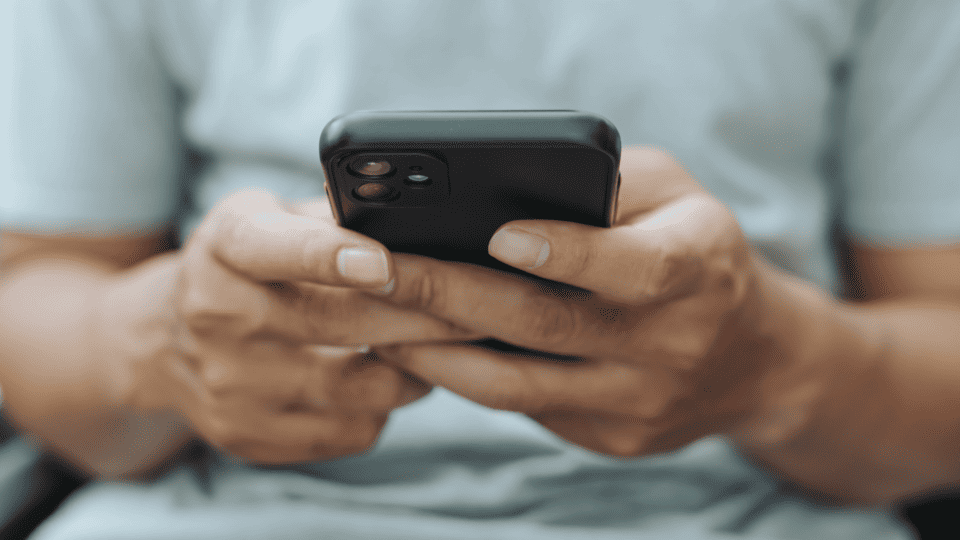November 4, 2025 PCI Centers
Holiday Stress & Substance Use — Prevention and Support Strategies
The holiday season is often portrayed as joyful and fulfilling, but for many individuals it can be a time of stress, emotional triggers, and increased vulnerability to substance use. Understanding why holidays can intensify challenges, and knowing how to access effective support, is key to maintaining well-being during this time.
Why the Holidays Trigger Stress and Relapse Risk
Pressure to “Feel Happy” and Meet Family Expectations
Cultural messaging frequently emphasizes joy, togetherness, and celebration during the holidays. For those experiencing depression, anxiety, trauma, loneliness, or early recovery, this pressure can lead to emotional overload. Family gatherings may also reactivate unresolved conflict or painful dynamics. These emotional demands can increase cravings or avoidance behaviors, especially when substances were previously used as coping strategies.
Increased Exposure to Alcohol and Social Events
Holiday social environments often normalize and encourage drinking. Whether at workplace events, family dinners, or seasonal celebrations, individuals may face frequent reminders or invitations to drink. For those in recovery or trying to reduce use, these situations can trigger emotional discomfort or social anxiety. Feeling out of place or pressured to fit in can heighten risk of relapse without adequate planning and support.
Financial Strain and Unresolved Grief
Gift-giving, travel, hosting responsibilities, and end-of-year expenses can contribute to financial pressure. Additionally, holidays can intensify grief—particularly when coping with loss, estrangement, or separation. This emotional pain can elevate stress hormones and amplify urges to seek relief through substances. Recognizing grief as a valid emotional response—not something to avoid—can support healthier coping strategies.
Local Prevention and Support Resources in Conejo Valley
PCI Centers’ Outpatient and IOP Substance Use Treatment
PCI Centers in Westlake Village and Thousand Oaks provides research-based outpatient and intensive outpatient (IOP) treatment for substance use and co-occurring mental health conditions. Treatment focuses on understanding the emotional and psychological roots of substance use, while building long-term strategies for relapse prevention and resilience. Care is individualized and may include:
- Individual psychotherapy
- Group therapy and psychoeducation
- Trauma-informed treatment approaches
- Family therapy and communication skill development
- Relapse prevention planning for holiday environments
This approach supports sustainable recovery by helping clients develop coping skills that address stress, relationship patterns, and emotional regulation.
Benefits of Early Intervention During the Holiday Season
Early support can reduce the likelihood of relapse by providing structure, accountability, and emotional grounding before stressors escalate. Reaching out when early signs of overwhelm appear—rather than waiting for crisis—helps individuals remain connected, empowered, and supported. Even a brief consultation can help clarify what type of care is most appropriate.
To schedule a confidential consultation: https://www.pcicenters.com/contact/
Conclusion
The holiday season can be emotionally complex, especially for individuals navigating substance use recovery or managing stress. Understanding trigger patterns and building a support plan can help prevent relapse and strengthen resilience. PCI Centers offers compassionate, trauma-informed care to individuals and families in Westlake Village and Thousand Oaks, providing guidance and connection during the holiday season and throughout the year.
References
American Psychological Association. (2023). Managing holiday stress. https://www.apa.org/topics/stress/holiday
National Institute on Drug Abuse. (2020). Relapse prevention. https://nida.nih.gov/publications/principles-drug-addiction-treatment/relapse-prevention
Substance Abuse and Mental Health Services Administration (SAMHSA). (2023). Coping with holiday stress. https://www.samhsa.gov/sites/default/files/holiday-stress.pdf








